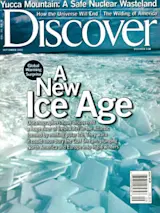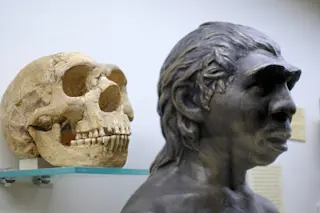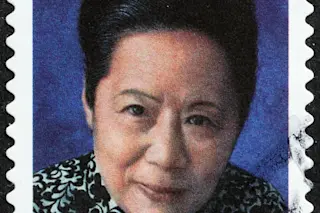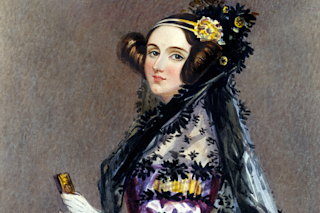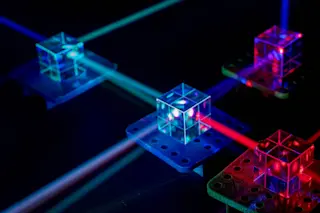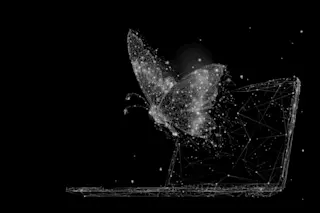In what was hailed as one of last year's biggest breakthroughs, 31-year-old German physicist Hendrik Schön of Lucent Technology's Bell Labs demonstrated a way to make minuscule transistors out of a variety of carbon molecules, notably the famous round ones called buckyballs. Transistors are the basic units of modern electronics, so the report had electrical engineers fantasizing. Ultrafast computers, built around vastly downsized circuitry and requiring almost no electricity, seemed within reason. Then questions of his work's authenticity forced Schön's colleagues to re-examine his conclusions and rethink their approach.
The controversy began when several physicists independently noticed discrepancies in Schön's publications, including near-identical graphs that appeared in papers describing different experiments. Lucent has set up a probe and is expected to release its findings this fall. Meanwhile, Schön's colleagues are moving on, proving that there is more than one way to build a molecular transistor. One of the first whistle-blowers, Cornell's Paul McEuen, has just developed an innovative, if less spectacular, technique that etches a tiny gap in a gold wire and wedges a single atom into the space. This method can fabricate transistors as small as an atom of cobalt (the central violet ball in the illustration above), about ten-billionths of an inch wide. In its current form, this device, which lacks the ability to amplify signals, cannot be used in silicon chips, but it does offer proof that atomic transistors are possible even without buckyballs— meaning that the dream of the molecular supercomputer is still very much alive. "At this stage, research is largely playing around. You never know what's going to bring on the next revolution," McEuen says.
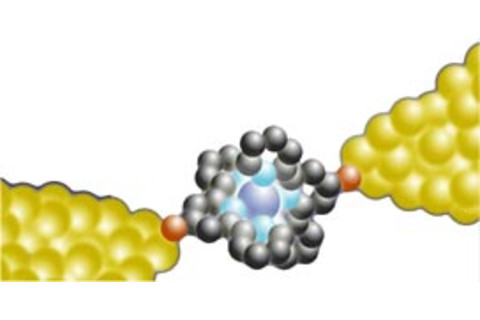
Photograph courtesy of Cornell University


